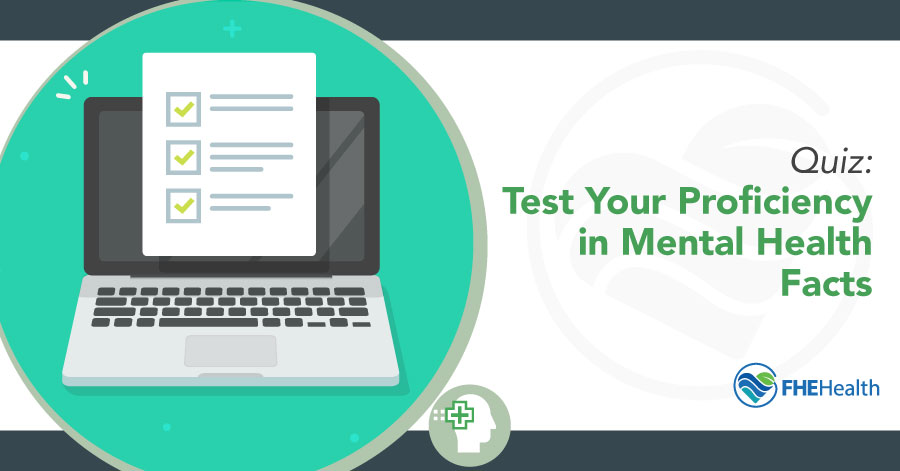
How well do you know mental health? While the stigma that once surrounded mental health discussions has decreased, many people still don’t realize how common psychiatric conditions are today. Even if you don’t have any mental health issues, odds are high that someone you love does.
We’ve compiled 20 questions on common mental health concerns, from depression and anxiety to alcohol and anger management, for this test on mental health knowledge. Take this mental health facts quiz so you can separate popular myths from the truth about psychiatric symptoms and conditions.
Quiz: Test Your Mental Health Knowledge
How did you score on this mental health facts quiz? Were you surprised to learn just how common mental health conditions are for children and adults?
If you have mental health concerns, you aren’t alone. Don’t ignore the symptoms of mental illness if you or a loved one need help, whether you’re battling alcohol withdrawal anger or suspect you may have depression. Your mental illness doesn’t define you, and managing your symptoms can help you live a happy, productive life.






